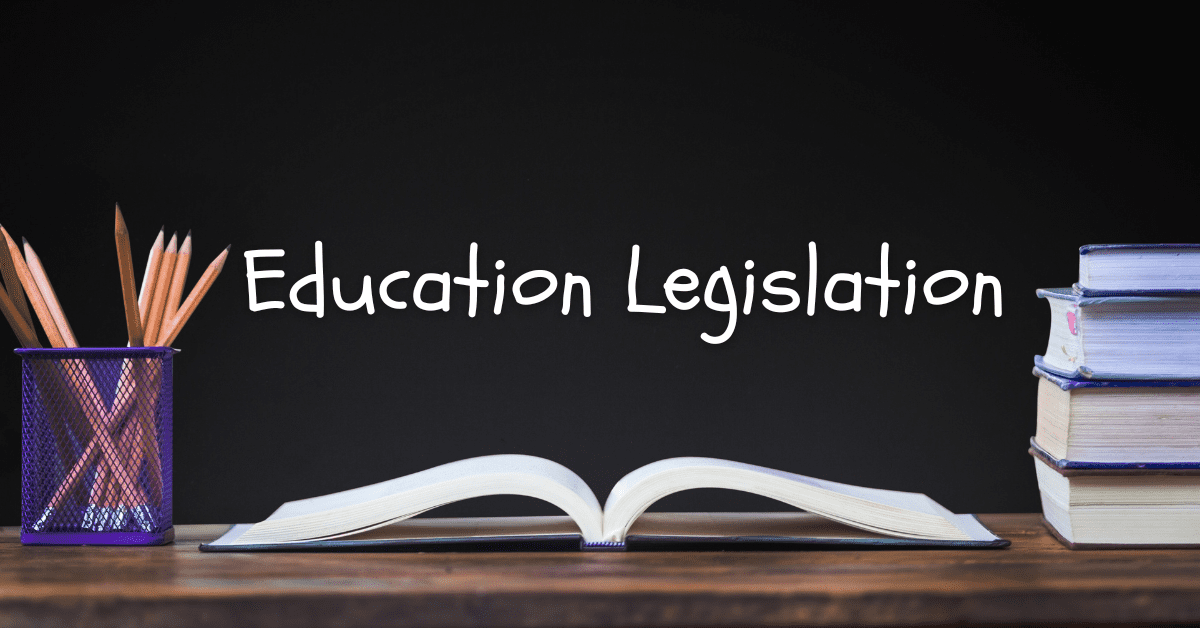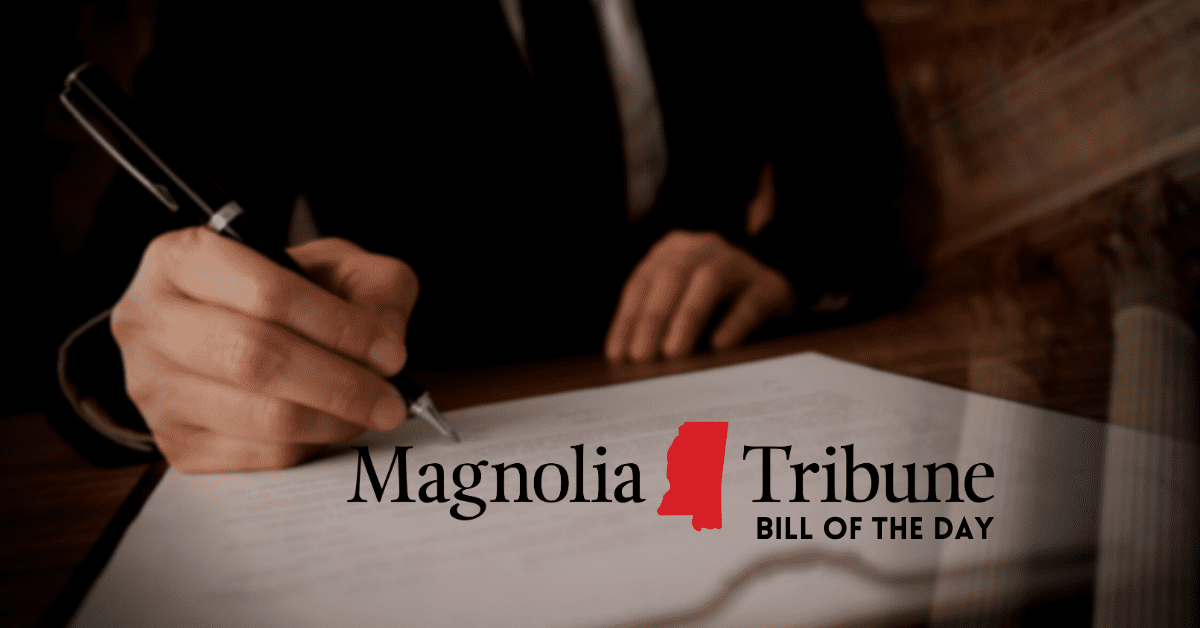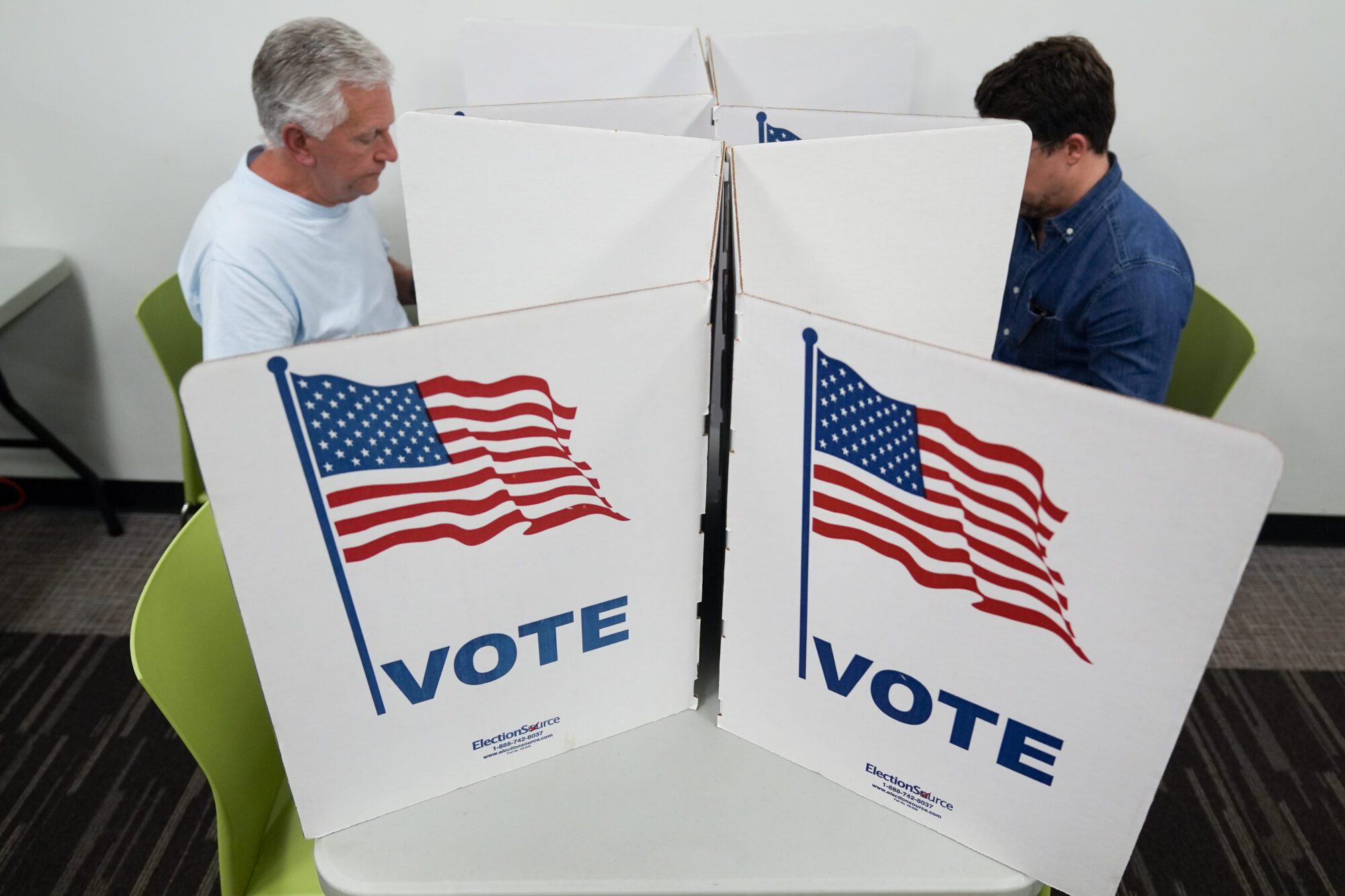
After Tuesday’s deadline, 531 bills remained alive, which was 35.5% of total bills filed.
Earlier this week marked the deadline for committees to report general bills and constitutional amendments originating in their respective chambers. Any bill that did not pass the committee to which it was referred died.
According to Mississippi Statewatch, after the first committee deadline by the House and the Senate, there were 531 bills alive or 35.5% of total bills filed.
A number of prominent education bills have been authored this session. Below are some of the bills that are still alive.
Released-Time Moral Instruction Act
Written by Speaker of the House Philip Gunn, House Bill 1373 would create the “Released-Time Moral Instruction Act of 2023.”
Through the legislation, it would allow the boards of education to allow students who have expressed a desire for released-time moral instruction and who have received the required parental consent to be excused for at least one hour, one day each week to attend their respective places of worship or some other suitable place to receive released-time moral instruction in accordance with the religious faith or preference of the pupils. No such instruction may be provided or facilitated on school premises.
Patriotic Education Grant Program
Authored by State Representative Lee Yancey, House Bill 1070 would establish the Patriotic Education Grant Program.
The grant program to be monitored by the Department of Education for the purpose of promoting education that inspires American History in schools.
Governor Tate Reeves has repeatedly called for the advancement of patriotic education in schools through his annual executive budget recommendations.
Modified School Calendar Grant Program
Senate Bill 2361 would establish and provide eligibility criteria for the Mississippi Modified School Calendar Grant Program. Lt. Governor Delbert Hosemann and Senate Education Committee chairman Sen. Dennis DeBar have been vocal about encouraging school districts to explore this change to their school calendars.
The bill states that the grant program would be administered by the Department of Education for the purpose of incentivizing public school districts to maintain or consider adopting a modified school calendar by offsetting costs associated with adopting a modified school calendar through a time-limited grant.
The provides that school districts are eligible for a maximum award of $200,000 per year for a maximum of 3 years.
School Safety Guardian Act
Companion bills House Bill 532 and Senate Bill 2079 are also alive.
HB 532 would create the “Mississippi School Safety Guardian Act” and would authorize the governing body of a school, in consultation with school administrators and the Mississippi Department of Public Safety (DPS), to allow the designation of employees to participate in the School Safety Guardian Program developed and administered by DPS.
The bill prescribes that “the scope and purpose of a school safety guardian program includes responding to an active shooter situation or other situation that poses imminent harm on a school campus or in the immediate vicinity of a school campus; to require a school safety guardian’s wear to always remain under his or her physical control while he or she remains on the school campus.”
HB 532 would also provide civil immunity under certain circumstances for school safety guardians who comply with the act; to require the governing board of a school district to pay school safety guardians a monthly stipend of $500; to exempt the identify of school safety guardians from public disclosure; to provide a training and certification process and to enact standards.
Similarly, Senate Bill 2079 would enact the Mississippi School Safety Guardian Act and would establish the School Safety Guardian Training Program within the Office of Homeland Security within DPS.
More bills that are alive include:
- House Bill 1000 – Would allow foster and adoptive parents or legal guardians to enroll foster or adopted children in their care or legal guardianship in any school or school district of the foster, adoptive parent’s, or legal guardian’s choosing.
- Senate Bill 2333 – Would provide that subject to appropriation, beginning on July 1, 2024, each public school board and the governing body of each nonpublic school shall have at least one employee or vendor at each school who has met the training requirements necessary to administer seizure rescue medication or perform manual vagus nerve stimulation for persons experiencing seizure disorder symptoms.
- House Bill 1227 – Would create the Mental Awareness Program for Schools and would require mental awareness and trauma-informed approaches in educator preparation programs.
- Senate Bill 2749 – Would increase the compensation of school board members based on the school districts’ enrollment.
Education bills that died
Though many education bills are still alive, some bills did not survive the deadline.
Bills pertaining to the establishment of the fundamental right of parents to direct the upbringing, education and care of their children, House Bill 1478 and House Bill 1479, died in committee.
“The liberty of parents to direct the upbringing, education and care of their children is a fundamental right,” both pieces of legislation stated.
Bills that would enact a Parents’ Bill of Rights, House Bill 1480 and Senate Bill 2761, also died.
Other bills that died include:
- Senate Bill 2820 – The “Transparency in Education Act” would provide parents of public school students certain rights related to their child’s education, including the right to review a syllabus, curriculum and teacher-training materials and meet with the teacher to discuss course content.
- House Bill 227– Would require the inclusion of visual art and music instruction in the curriculum of public education.
- House Bill 1004 – An act that would require the State Department of Education to prominently post an announcement on its website about the availability of free tutoring services.
- House Bill 593 – Would require local school districts to fully implement a physical education curriculum in K-12 schools and align the Mississippi physical education framework adopted by the State Board of Education.
- Senate Bill 2764 – An act to provide that the local school board of every public school district and public charter school shall adopt a procedure for notifying the parent of a student enrolled in the school regarding mental, emotional, and physical health of the student and available health-related services.
- Senate Bill 2049 – Would have provided a statutory limitation on the salary of the state superintendent of public education.











